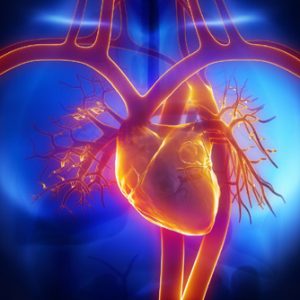Omega-3 fatty acids: the history
Since the publication of Rizos et al in 2012, titled “Association between omega-3 fatty acid supplementation and risk of major cardiovascular disease events: a systematic review and meta-analysis”, and their conclusions that “omega-3 PUFA supplementation was not associated with a lower risk of all-cause mortality, cardiac death, sudden death, myocardial infarction, or stroke based on relative and absolute measures of association”; many studies have taken place in order to establish whether omega-3 fatty acids actually reduce the cardiovascular risk (CR).
Omega-3 fatty acids and the REDUCE-IT trial (January 2019)
In 2019, the REDUCE-IT trial was published, where omega-3 fatty acids were used at rather high dosages! The authors performed a multicenter, randomized, double-blind, placebo-controlled trial involving patients with established cardiovascular disease or with diabetes and other risk factors, who had been receiving statin therapy and who had a fasting triglyceride level of 135 to 499 mg per deciliter (1.52 to 5.63 mmol per liter) and a low-density lipoprotein cholesterol level of 41 to 100 mg per deciliter (1.06 to 2.59 mmol per liter). The patients were randomly assigned to receive 2 g of icosapent ethyl twice daily (total daily dose, 4 g) or placebo. The primary end point was a composite of cardiovascular death, nonfatal myocardial infarction, nonfatal stroke, coronary revascularization, or unstable angina. The key secondary end point was a composite of cardiovascular death, nonfatal myocardial infarction, or nonfatal stroke.
They concluded that “among patients with elevated triglyceride levels despite the use of statins, the risk of ischemic events, including cardiovascular death, was significantly lower among those who received 2 g of icosapent ethyl twice daily than among those who received placebo”.
But the problem here is the… placebo, being a mineral oil!
Omega-3 fatty acids and the STRENGTH trial (November 2020)
In parallel to REDUCE-IT, the STRENGTH trial (2020) compared cardiovascular outcomes in statin-treated patients with high CR who received a carboxylic acid formulation of EPA and DHA (Epanova) with those who received a corn-oil placebo. There was no significant difference in risk of individual primary endpoint components between the treatment groups. Like the REDUCE-IT trial, there was increased incidence of atrial fibrillation in the intervention group (2.2% vs. 1.3%, P<0.001).
N-3 polyunsaturated fatty acids for cardiovascular risk (July 2022)
Goff and Nissen published this month this review paper: N-3 polyunsaturated fatty acids for cardiovascular risk
